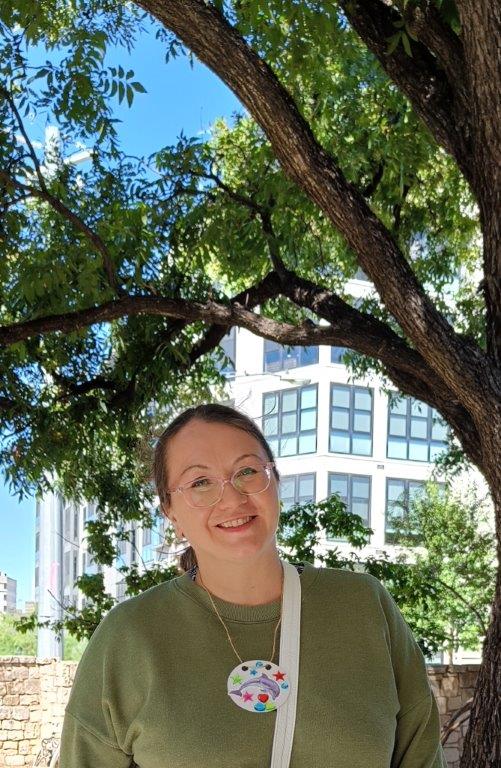
—Tatiana, where did you study and work before moving to Texas?
Before moving to Texas, I worked in a kindergarten and a school, where I was involved in educating and teaching children. I graduated from the Faculty of Philology at Herzen State Pedagogical University in Saint Petersburg and later received an additional certification in early childhood education.
I have always been deeply interested in the history and culture of Saint Petersburg, so while still at university, I completed a two-year tour guide program. My specialization was the rivers and canals of the city. This experience helped me gain a deeper understanding of the city’s cultural heritage and develop communication skills, which I now apply in my unique Russian-language tours of Austin and its surroundings — helping Russian speakers discover more about Austin and Texas, while experiencing the spirit of this vibrant state.
— How did you choose Austin?
I moved to Austin with my husband when he received a green card through his job in the IT field. It was a wonderful opportunity for our family to settle in a dynamic city with a warm climate.
Austin attracted me with its reputation as a creative hub — full of festivals and educational institutions, such as the University of Texas. We read reviews from other expats and realized that Austin has a strong Russian-speaking community, which made our adaptation much easier.
Now I am developing my own tour project for Russian speakers: I offer both group tours and customized private tours, tailored to my clients’ interests.
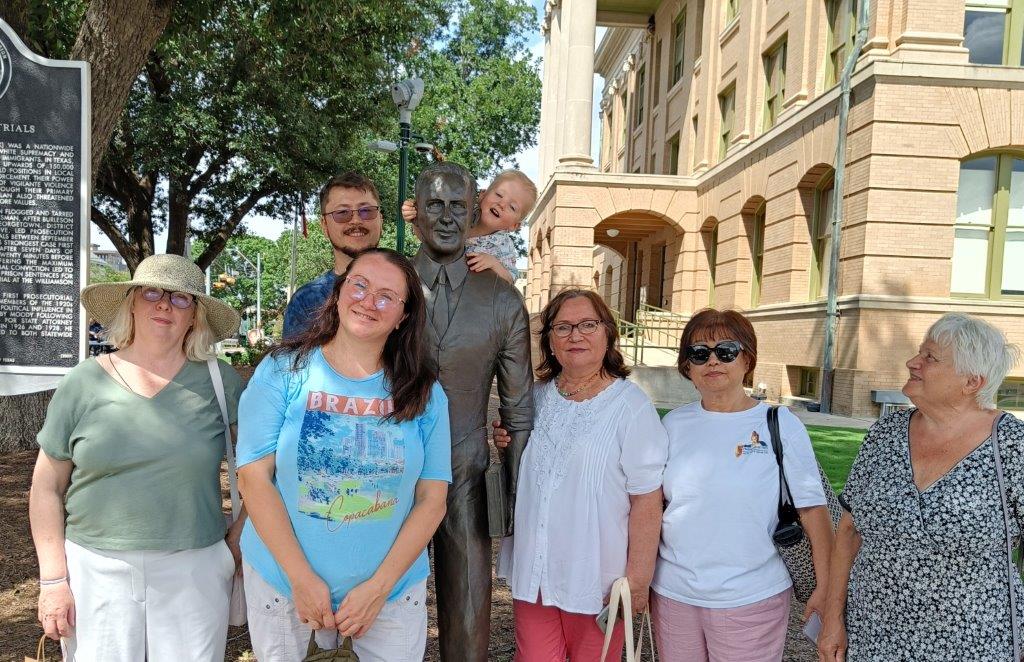
— What do you like most about Austin?
What I love most about Austin is its unique atmosphere — a blend of high technology, live music, and nature. The city is full of festivals, such as South by Southwest, and there’s always live music somewhere — from major venues to street performers.
I also love how the city is immersed in nature — it’s incredibly green. In the heart of the city, the Texas Colorado River widens into Lady Bird Lake, surrounded by parks with hiking, running, and biking trails. This connection with nature can be found everywhere in Austin, making outdoor recreation possible year-round.
And, of course, there are the friendly people with open hearts and genuine smiles — and a wonderful feeling that here, everyone can bring their ideas to life without excessive bureaucracy. Austin is a city of opportunity, constantly growing and evolving before our eyes — a place with tremendous potential.
— Please tell us about your profession and your current work.
I am a philologist by education, specializing in Russian language and literature, as well as in cultural studies. I currently work at a kindergarten, where I teach and care for children, and I also teach Russian and English privately and at an IT company, helping employees adapt linguistically and culturally.
In addition, I am developing my own project — guided tours of Austin and its surroundings. These are both group and individual tours, uniquely designed for Russian-speaking visitors. My tours are conducted in Russian, with a Russian soul — combining a deep understanding of history and culture with a warm personal touch that turns each walk into a true immersion into Texas life.
If you live in Austin or are expecting guests, I invite you to join my tours — it’s a great way to rediscover the city!
All the information can be found on my website (austin-city-tours.vercel.app) and Facebook group: Tours in and around Austin
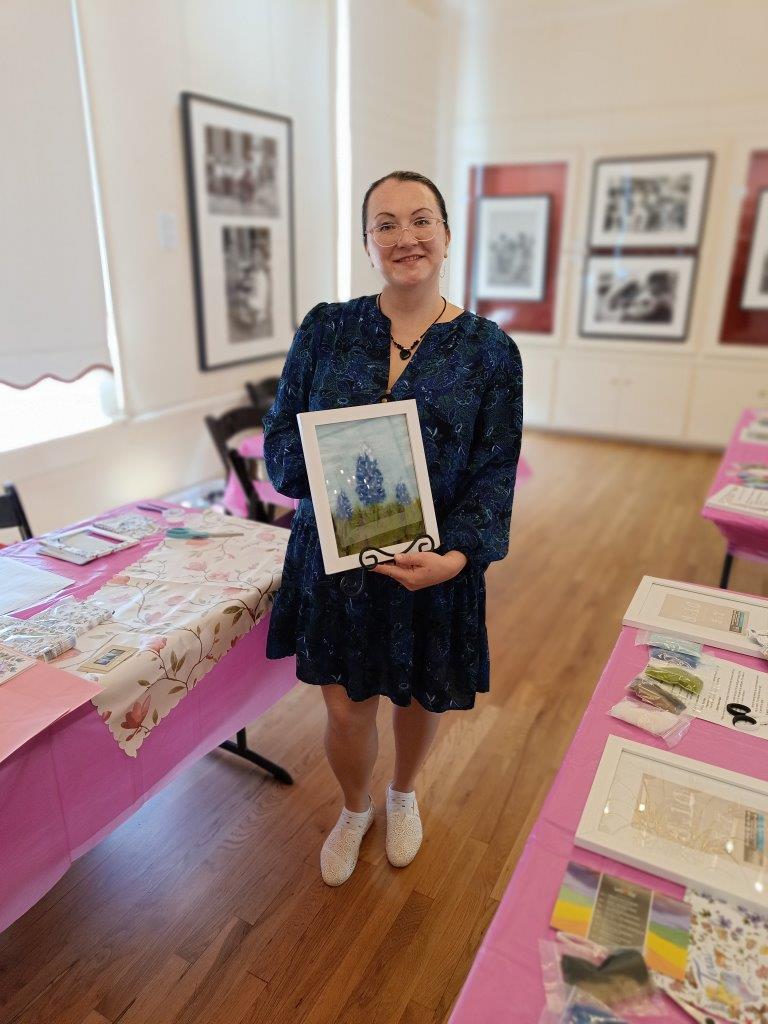
— Do you miss any aspects of life in your home country? What traditions or habits have you kept from your “pre-Texas” life?
Of course, I miss many aspects of life in Russia — snowy winters with skiing, deep evening conversations over tea with friends, and the “quiet hunt” for mushrooms in the forest. I miss the scent of lilies of the valley and bird cherry blossoms — you won’t find them in Texas. I also miss Saint Petersburg’s theaters and museums — their atmosphere is truly unique.
Among the traditions I’ve preserved are celebrating New Year’s with Olivier salad and tangerines, reading Russian books in the evenings, and making blini for Maslenitsa. These rituals help me stay connected to my roots and pass them on to my children, so they don’t forget their culture. In my Austin tours, I also try to bring that sense of Russian warmth, allowing Russian speakers to feel at home while learning about local history in their native language.
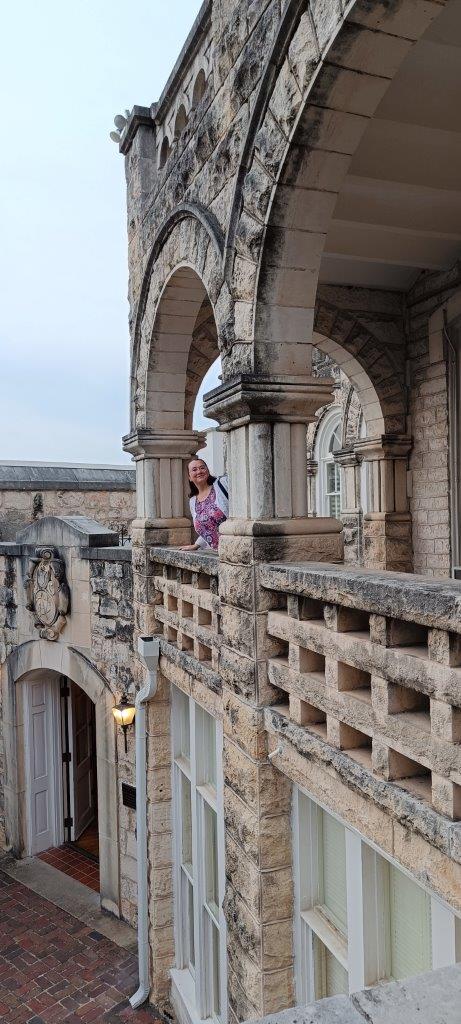
— What do you do outside of work? What are your interests and hobbies?
Outside of work, I enjoy handicrafts — I knit with needles and crochet, and I also make macramé. But my greatest passion is creating pictures from wool. This is a unique technique, different from dry or wet felting. The entire artwork is created solely by hand — the wool is pulled, twisted, and shaped with the fingers, without any tools. It’s a tactile form of art, and at the same time, a kind of art therapy: working with soft wool is calming, grounding, and meditative.
This technique is forgiving and simple — everything can be changed even after the piece is finished. You can remove the frame and glass, add a new shade or detail, or, by removing fibers, transform a sunset into a sunrise!
I recommend everyone try wool painting — I’ll gladly teach and explain how. I conduct mobile workshops, both group and individual, and the technique is suitable even for children from the age of five.
You can see my works and learn more on my website: art-master-tatiana.vercel.app
— What else would you like to share about yourself?
I value the balance between work and personal life that is possible here, and I try to stay optimistic — life in America has taught me flexibility and openness to new ideas. I’ve managed to keep my curiosity alive, and after moving to Austin, I eagerly began exploring everything that makes this city different from Saint Petersburg — from its flora to its history.
In general, I am a person who loves learning and sharing knowledge. I enjoy telling stories about what I discover and connecting with others — and I bring this passion to my project: Russian-language tours of Austin.
— How do you participate in Austin’s Russian-speaking community?
I actively participate in Austin’s Russian-speaking community. I regularly attend events organized by the Russian Cultural Center, such as the “Dobro” Festival and Maslenitsa celebrations. My son takes part in theater performances — he acts in New Year and spring plays, and I often help him.
I also participate in the “Tea Club” — a social gathering for seniors, where people can chat, make friends, and often meet fellow countrymen. I am responsible for the cultural program: I share information about interesting places to visit in Austin and organize excursions.
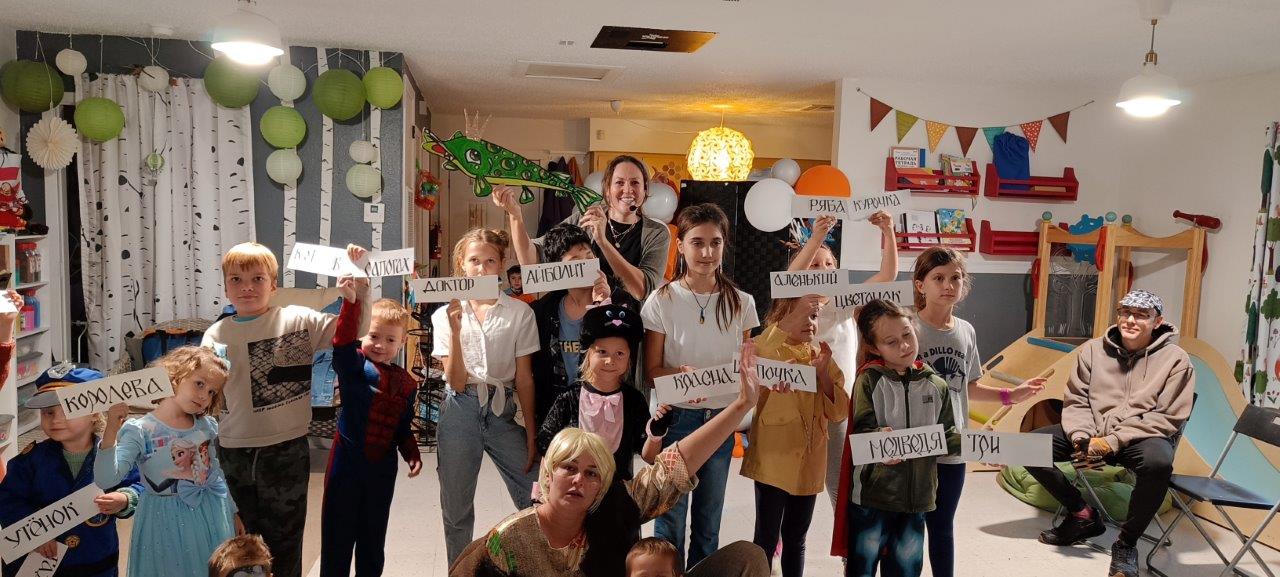
— Which events have been most memorable for you and your children?
My favorite events are the “Dobro” and Maslenitsa festivals. I remember how, right after moving to Austin, our family attended the “Dobro” Festival — and my heart immediately filled with warmth, as if we had never left home. I’d like to thank Olga and Dmitry Ovcharenko for creating such an opportunity — to gather everyone together, watch children perform, play traditional Russian games, join contests, and enjoy Russian songs. In all of this lives a love for our native culture, helping us pass it on to the younger generation.
— What are your favorite books and films?
I deeply value Russian literature and cinema for their ability to reveal the human soul and anticipate the spirit of an era. The novels of Fyodor Dostoevsky are my lifelong companions — their psychological depth, complexity, and prophetic insight never cease to amaze me. The Brothers Karamazov is both a confession of the Russian soul and a prophecy of the 20th century; I return to it throughout my life, always finding new meanings.
Poetry is a world of its own for me: Alexander Pushkin and Anna Akhmatova are forever in my heart. Their verses accompany me even here, in Austin. I was overjoyed to find a volume of Akhmatova’s poems in the Austin Central Library — it felt like a greeting from a distant, dear friend.
Among contemporary authors, I was deeply moved by Guzel Yakhina’s Zuleikha Opens Her Eyes — its psychological insight and portrayal of human endurance echo Dostoevsky’s spirit. Another discovery for me was Laurus by Eugene Vodolazkin — a work combining historical depth, philosophical reflection, and lyrical beauty, reminding me of the Russian soul.
In cinema, I stay true to Russian tradition: every New Year, I rewatch The Irony of Fate. With my son, we’ve explored nearly all the Soviet classics — the films of Eldar Ryazanov and Leonid Gaidai are a treasure trove of kindness and laughter. Among modern films, I loved Boris Khlebnikov’s Arrhythmia for its honest depiction of human relationships, and Kantemir Balagov’s Beanpole for its powerful psychological depth, reminiscent of Russian literary tradition.
— What would you like to wish Russian-speaking residents of Austin and Texas?
I believe each of us creates our own world — choosing the paths that pass through our hearts and the people who reflect our inner light. May your flame burn brightly, inspiring you to explore new horizons, find kindred spirits, and build a life filled with meaning and joy.
In Austin — this amazing city where nature, culture, and innovation meet — everyone has a chance to create their own unique journey.
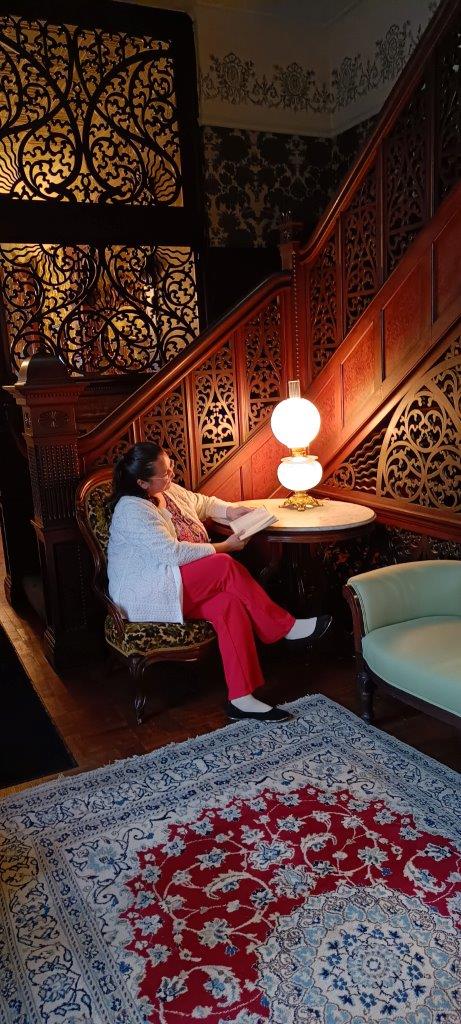
I wish all Russian-speaking residents of Austin and Texas to stay connected to our roots while confidently embracing new opportunities. May your families be strong, your dreams bold, and your community supportive. And to make your inner light shine even brighter — I warmly invite you to join my Russian-language tours of Austin and its surroundings!
Contact information:
Tatiana Orlova
Website: austin-city-tours.vercel.app
Facebook: Tours in and around Austin
Interview by: Olga Ovcharenko
Publisher: Russian Cultural Center
